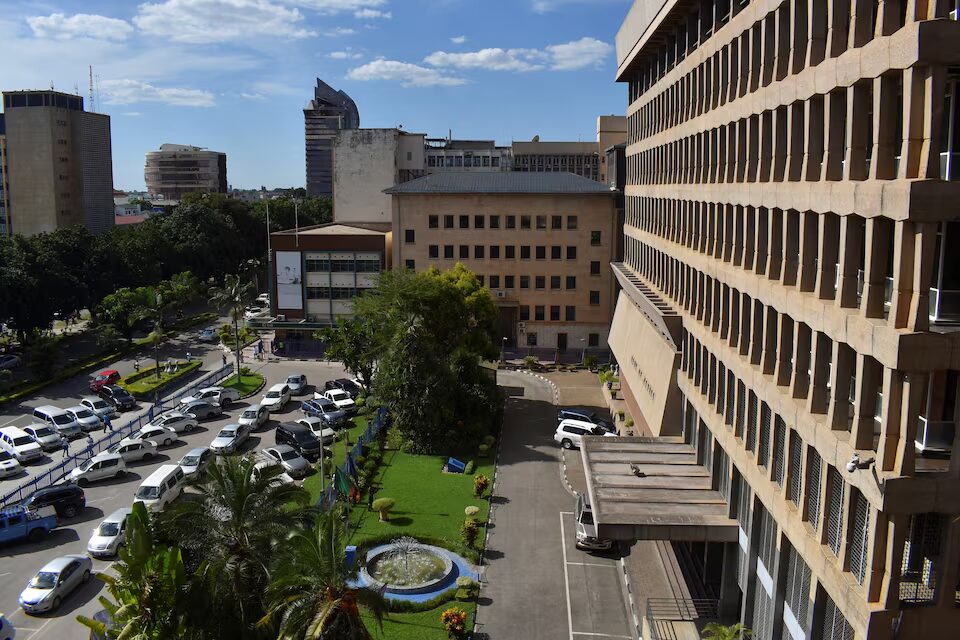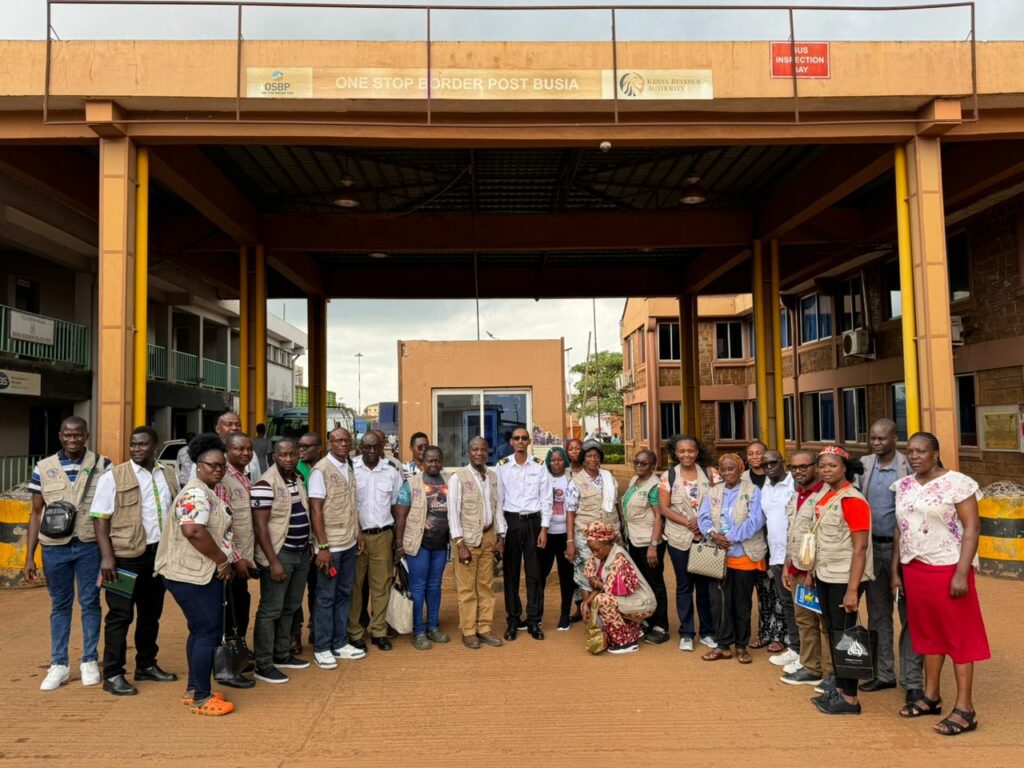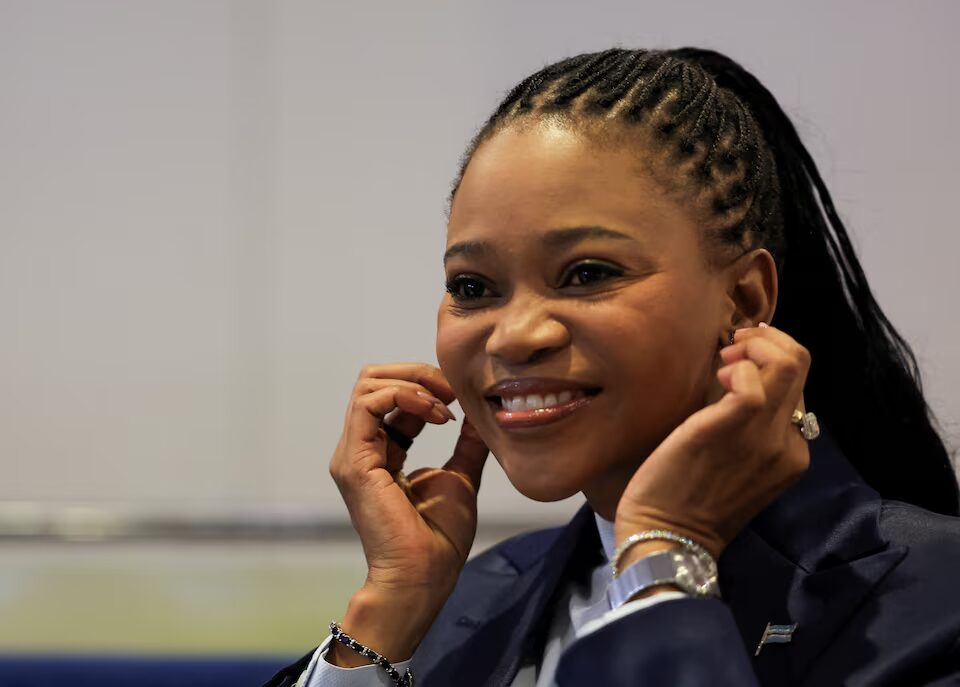
Friday 28th February 2025

By inAfrika reporter
ABIDJAN, Ivory Coast, A delegation from the Mano River Union (MRU) has completed a study tour of the Busia One Stop Border Post (OSBP) between Kenya and Uganda, gaining critical insights into efficient trade facilitation and its impact on women traders. The visit, which included representatives from Liberia and Sierra Leone alongside the African Development Bank, aimed to explore best practices that could enhance cross-border trade for women in West Africa.
The Busia OSBP is a major gateway in East Africa, handling thousands of travelers and vehicles daily. Since its inception in 2018, it has revolutionized trade efficiency while significantly empowering women traders by providing a structured and secure trading environment. The delegation engaged with Kenya’s Ministry of Investments, Trade and Industry, the National AfCFTA Committee, TradeMark Africa, Busia Border management authorities, and local women traders to examine the post’s transformative role.
Nelly Maina, Principal Gender Officer at the African Development Bank, highlighted the success of the OSBP in demonstrating how streamlined procedures, targeted policies, and infrastructure development drive economic empowerment. She stressed the importance of collaboration with government agencies and investments in training, capacity building, and inclusive policy-making to address the specific needs of women in cross-border trade.
The visit was part of the Bank’s Building Inclusive Business Ecosystems for Stabilization and Transformation (BI-BEST) project, which seeks to empower 1,500 women traders in Liberia and Sierra Leone. By improving their access to cross-border value chains, the initiative fosters resilience, economic growth, and social cohesion.
Women traders in Busia shared personal accounts of the OSBP’s impact. Mercy Mugo, a Kenyan trader, described her journey toward becoming a successful cross-border businesswoman, moving goods between Kenya and Uganda seamlessly. Florence Atieno, another trader, emphasized the broader social benefits of a more inclusive trade framework, noting that empowering women enhances entire communities.
The delegation from Sierra Leone and Liberia found the experience eye-opening. Betty R. Kamara from Sierra Leone was particularly impressed by the collaboration between Kenyan women traders and security officials, as well as the ability of women to balance trade with childcare. Esther Tamba from Liberia planned to share her insights with women’s associations back home to foster stronger trade networks.
Infrastructure and policy adjustments at the Busia OSBP have played a vital role in creating a safer, more accessible trade environment. A daycare facility allows women to trade without the burden of carrying infants to the market, a challenge that previously exposed children to risks such as trafficking and accidents. The introduction of lactation rooms, secure storage spaces, and a reporting desk for grievances has further improved the experience for women traders.
Before the OSBP’s establishment, traders faced long clearance times, bureaucratic obstacles, and security vulnerabilities, with women particularly disadvantaged. Today, simplified trade regimes, certificates of origin, and structured documentation have replaced intermediaries, enabling women to conduct business independently and with greater security. Government and private sector efforts to raise awareness about trade rights, documentation, and business development have further strengthened inclusivity.
Through this knowledge-sharing initiative, the MRU delegation aims to implement best practices from Busia to strengthen trade ecosystems across West Africa. The study tour provided a compelling blueprint for fostering women’s economic empowerment through structured trade facilitation, offering valuable lessons for regional integration and sustainable economic growth.


